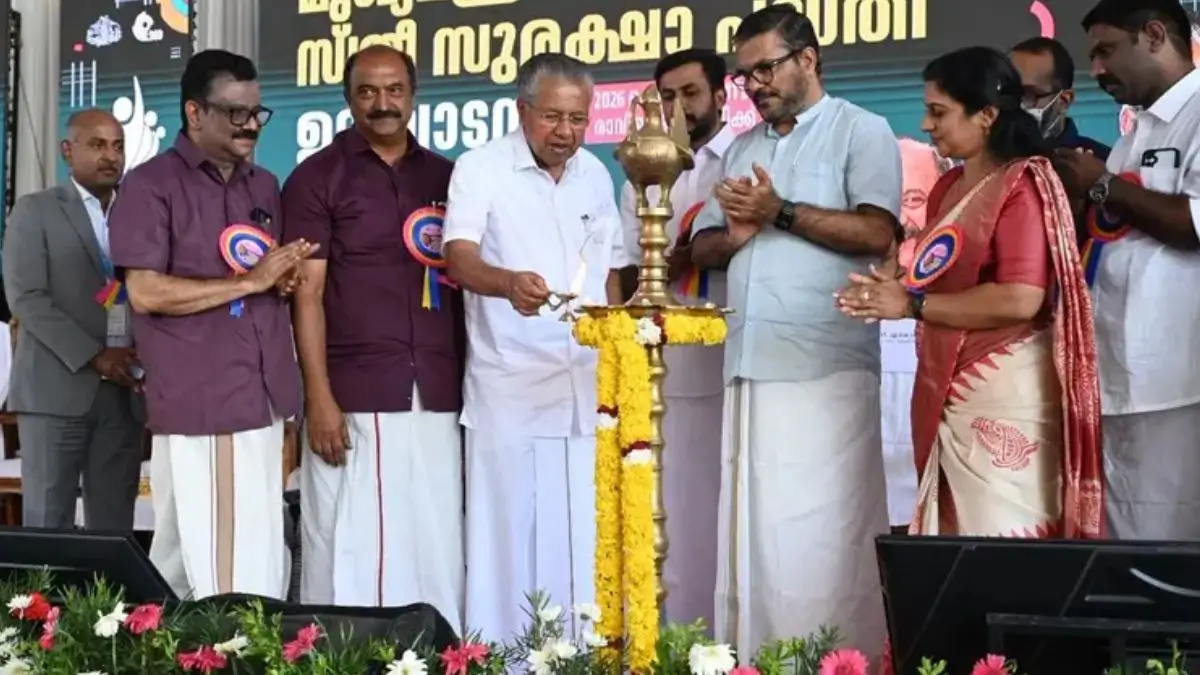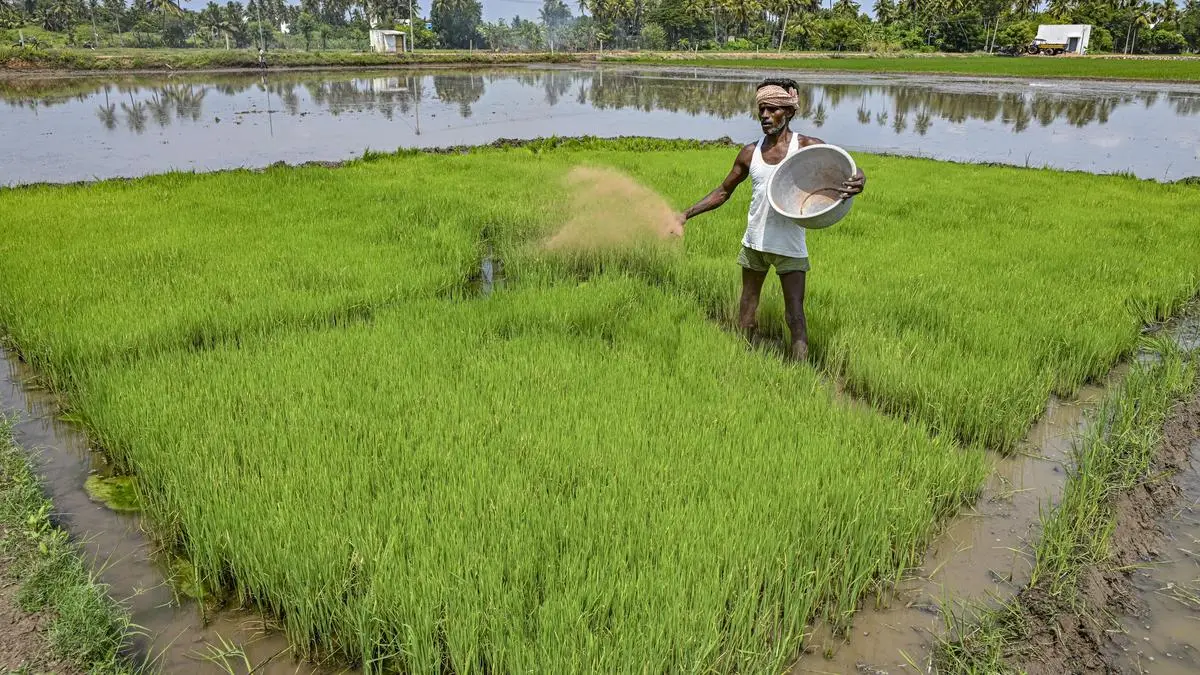Union Cabinet Approves Seven Schemes to Boost Farmers’ Incomes and Improve Agriculture
Introduction
In a significant move to enhance agricultural productivity and improve farmers’ livelihoods, the Union Cabinet of India has approved seven new schemes. These initiatives are aimed at addressing various challenges faced by the agricultural sector and ensuring sustainable growth. The approval of these schemes marks a pivotal step in the government’s commitment to bolster the agricultural economy and support farmers across the nation.
Detailed Overview of the Schemes
1. Integrated Crop Management Scheme
This scheme focuses on promoting sustainable farming practices. It includes the adoption of modern technologies, efficient irrigation practices, and improved crop management techniques. By integrating these practices, the scheme aims to enhance crop yield and reduce environmental impact.
2. Farmer Welfare Program
The Farmer Welfare Program is designed to provide financial assistance and support to small and marginal farmers. It includes subsidies for purchasing seeds, fertilizers, and equipment. Additionally, the program offers insurance coverage to safeguard farmers against crop failure and natural calamities.
3. Soil Health Improvement Initiative
Recognizing the importance of soil health, this initiative aims to enhance soil fertility through the use of organic fertilizers and soil conservation techniques. The scheme promotes soil testing and the adoption of scientific soil management practices to ensure long-term agricultural sustainability.
4. Rural Infrastructure Development Project
This project focuses on improving rural infrastructure, including roads, storage facilities, and market access. By enhancing infrastructure, the scheme seeks to reduce post-harvest losses and provide better market linkages for farmers.
5. Agricultural Research and Development Fund
The Agricultural Research and Development Fund is dedicated to supporting research and innovation in the agricultural sector. It aims to fund projects that develop new technologies, crop varieties, and farming practices to increase productivity and resilience.
6. Water Conservation and Management Program
Water conservation is critical for agriculture, especially in water-scarce regions. This program promotes efficient water use through the adoption of water-saving technologies and the construction of rainwater harvesting structures.
7. Sustainable Farming Practices Initiative
This initiative encourages farmers to adopt sustainable farming practices, including organic farming, crop rotation, and reduced use of chemical inputs. It aims to promote environmentally friendly farming methods and improve soil health.

Why this News is Important
Enhancing Farmer Incomes
The approval of these schemes is a significant boost to farmers’ incomes. By providing financial assistance and supporting modern farming techniques, the government aims to increase the profitability of farming and improve the standard of living for rural communities.
Addressing Agricultural Challenges
These schemes address critical challenges faced by the agricultural sector, including soil degradation, water scarcity, and inadequate infrastructure. By targeting these issues, the government aims to create a more resilient and productive agricultural system.
Promoting Sustainable Agriculture
Sustainability is a key focus of these initiatives. By promoting sustainable farming practices and improving soil health, the schemes contribute to long-term agricultural sustainability and environmental protection.
Supporting Rural Development
The Rural Infrastructure Development Project and other related schemes are designed to improve rural infrastructure. This development is crucial for enhancing market access, reducing post-harvest losses, and supporting overall rural growth.
Fostering Innovation and Research
The Agricultural Research and Development Fund underscores the importance of innovation in agriculture. By funding research projects, the government aims to develop new technologies and practices that can drive future growth and efficiency in the sector.
Historical Context
Agricultural Policies in India
Historically, the Indian government has implemented various policies to support agriculture. Initiatives such as the Green Revolution in the 1960s aimed to boost crop production and ensure food security. Over the decades, the focus has shifted towards sustainable practices and improving farmers’ livelihoods.
Recent Developments
In recent years, the government has introduced several schemes to address contemporary challenges in agriculture, including climate change and water scarcity. The current approval of these seven schemes continues the trend of proactive measures to support the agricultural sector.
Key Takeaways from Union Cabinet Approving Seven Schemes
| Serial No. | Key Takeaway |
|---|---|
| 1 | The Union Cabinet approved seven schemes to boost agriculture and farmer incomes. |
| 2 | The schemes include support for sustainable farming, soil health, and water conservation. |
| 3 | Financial assistance will be provided to small and marginal farmers under the Farmer Welfare Program. |
| 4 | The Rural Infrastructure Development Project aims to improve market access and reduce post-harvest losses. |
| 5 | The Agricultural Research and Development Fund will support innovation and technology in agriculture. |
Important FAQs for Students from this News
1. What are the seven schemes approved by the Union Cabinet?
The Union Cabinet has approved seven schemes, including the Integrated Crop Management Scheme, Farmer Welfare Program, Soil Health Improvement Initiative, Rural Infrastructure Development Project, Agricultural Research and Development Fund, Water Conservation and Management Program, and Sustainable Farming Practices Initiative.
2. How will the Farmer Welfare Program support farmers?
The Farmer Welfare Program provides financial assistance for purchasing seeds, fertilizers, and equipment. It also offers insurance coverage to protect farmers against crop failure and natural disasters.
3. What is the goal of the Soil Health Improvement Initiative?
The Soil Health Improvement Initiative aims to enhance soil fertility through the use of organic fertilizers and scientific soil management practices to ensure long-term agricultural sustainability.
4. Why is the Rural Infrastructure Development Project important?
This project focuses on improving rural infrastructure such as roads and storage facilities, which helps reduce post-harvest losses and provides better market access for farmers.
5. How will the Agricultural Research and Development Fund impact agriculture?
The fund supports research and innovation in agriculture by financing projects that develop new technologies, crop varieties, and farming practices to increase productivity and resilience.
Some Important Current Affairs Links

















